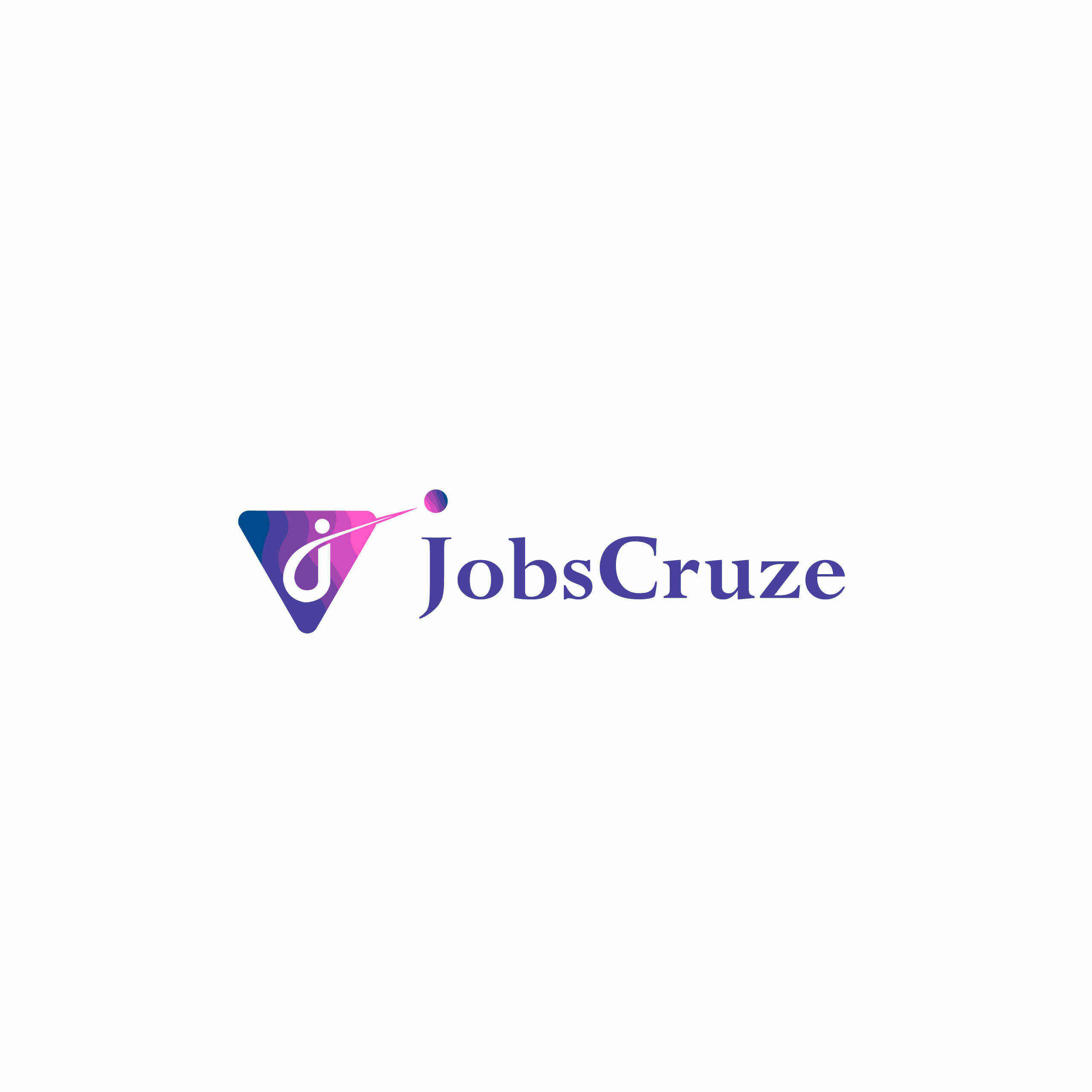

The lack of career-readiness is a greater challenge than unemployment in India today. This is mainly because students do not have the skill-set required to transition into the workplace mainly due to the disparity between mainstream academic courses and the requirements of the industry. According to a recent survey by the National Sample Survey Office (NSSO), half of India’s working-age population (i.e. 15-64) is not contributing to any economic activity.
If this skill gap persists India may have to forgo nearly $1.97 trillion in GDP (Gross Domestic Product) growth. For instance, every year 30% of 15 lac engineering graduates alone do not find jobs and many others work jobs that fall below their technical qualification. A lot of graduates do not hold a position related to their major. In fact, large numbers of engineers between 50-75% are absorbed by the IT sector.
This, however, makes perfect sense! Twenty years ago, Google did not exist. Facebook was not around 15 years ago. The Apple iPhone did not exist a decade ago and neither did all the apps that were to be created to support it. The point being the workplace is dynamic and many of the jobs of the future are yet to be determined.
Today, with the world-changing at a rapid pace, career readiness isn’t something you acquire after a period of time or after completion of a degree from a certain educational institution. The career-ready person has a clear understanding of their own talents, interests, weaknesses and solid grasp of the skills necessary for participating in today’s fast-paced, global economy.
Competencies that prepares you for a successful transition into the workplace:
College graduates with the same educational qualifications are not necessarily equally career ready. Besides the educational background required for the chosen profession, there are other competencies listed below that you will need to demonstrate to be fully career-ready.
Problem-solving is a result of critical thinking. Critical thinking is a form of a mental exercise of actively conceptualizing, applying, analyzing, synthesizing, and evaluating information to reach a proper conclusion.
The definition is a wordy one because it involves complex mental processes.
In simpler terms, it is the deliberate and systematic processing of information that helps you make better decisions and get a better understanding of things. Deliberate thinking requires cognitive energy. Hence most of our thinking is not done critically. But there are numerous advantages in applying this method of thing:
Intellectual growth
It helps you make better decisions when you critically weigh the pros and cons of available options. By evaluating information carefully you reduce the risk of falling prey to manipulations of others. It makes you more employable. The best employees use critical thinking to solve existing problems but more importantly, they also know how to come up with solutions to problems no one ever imagined.
Must Read: Work Experience on Resume All You Need to Know
Many organizations value a person who is a team player. Building a collaborative relationship with people around will result in achieving a target goal much easier. Good teamwork skills will give you more chances to move forward in your career.
With the world rapidly changing around us and almost every business now getting digitized, skills in data analytics and information management are now highly in demand. Because data helps to drive innovation and change, developing and learning digital technology is vital while transitioning into the work world.
Some people are natural-born leaders. But for many, it doesn’t come naturally. The ability to lead effectively relies on a number of different skills. There are many different leaders with different ways of leading and what works in a given circumstance may not work in another. But what is common to all of them is their ability to adapt to changing circumstances.
Must Read – Leadership Interview Questions and Answers
A person’s work ethic is a representation of his/her character. A good work ethic suggests that the person places a high value on doing a good job. Professionalism is a component of good work ethics, which describes how a person conducts himself/herself on the job. There are different ways by which a person can adopt good work ethics.
Getting a job unarguably requires that you must have good communication skills(written/oral). It is important to be able to communicate your thoughts and ideas with clarity and focus. This allows you to be engaging and connect and convince other people. The growth of cross-office collaborations and social media tools increases the need to communicate effectively.
Related Articles

The JobsCruze Logo is already a Spirited Signature that proudly headlines the Vision we pursue for and those we serve and stand for.